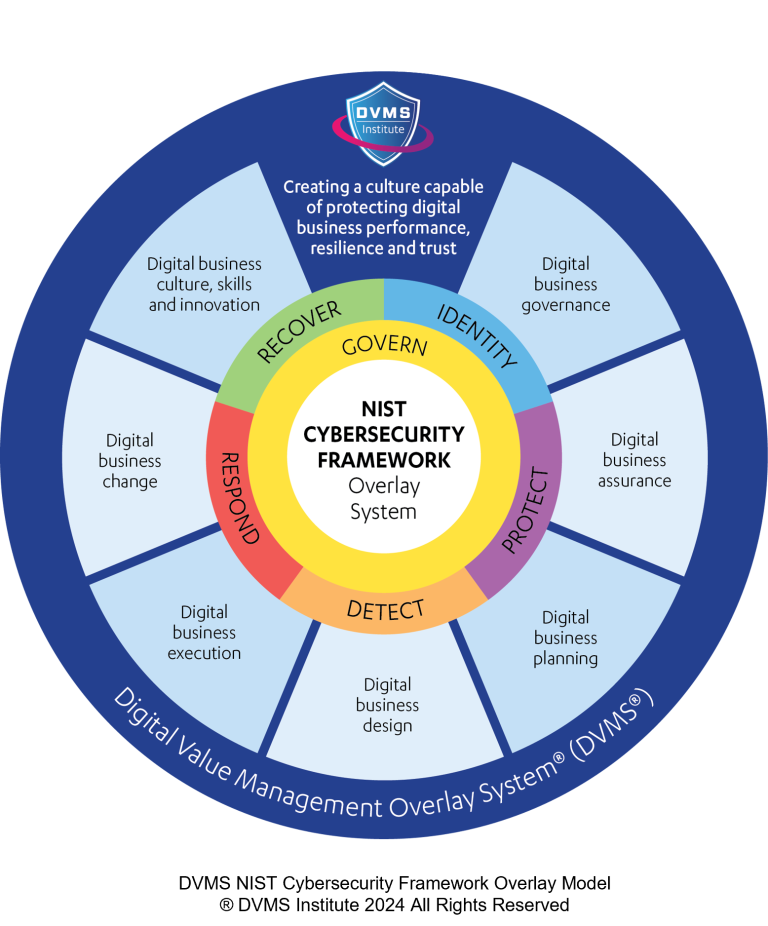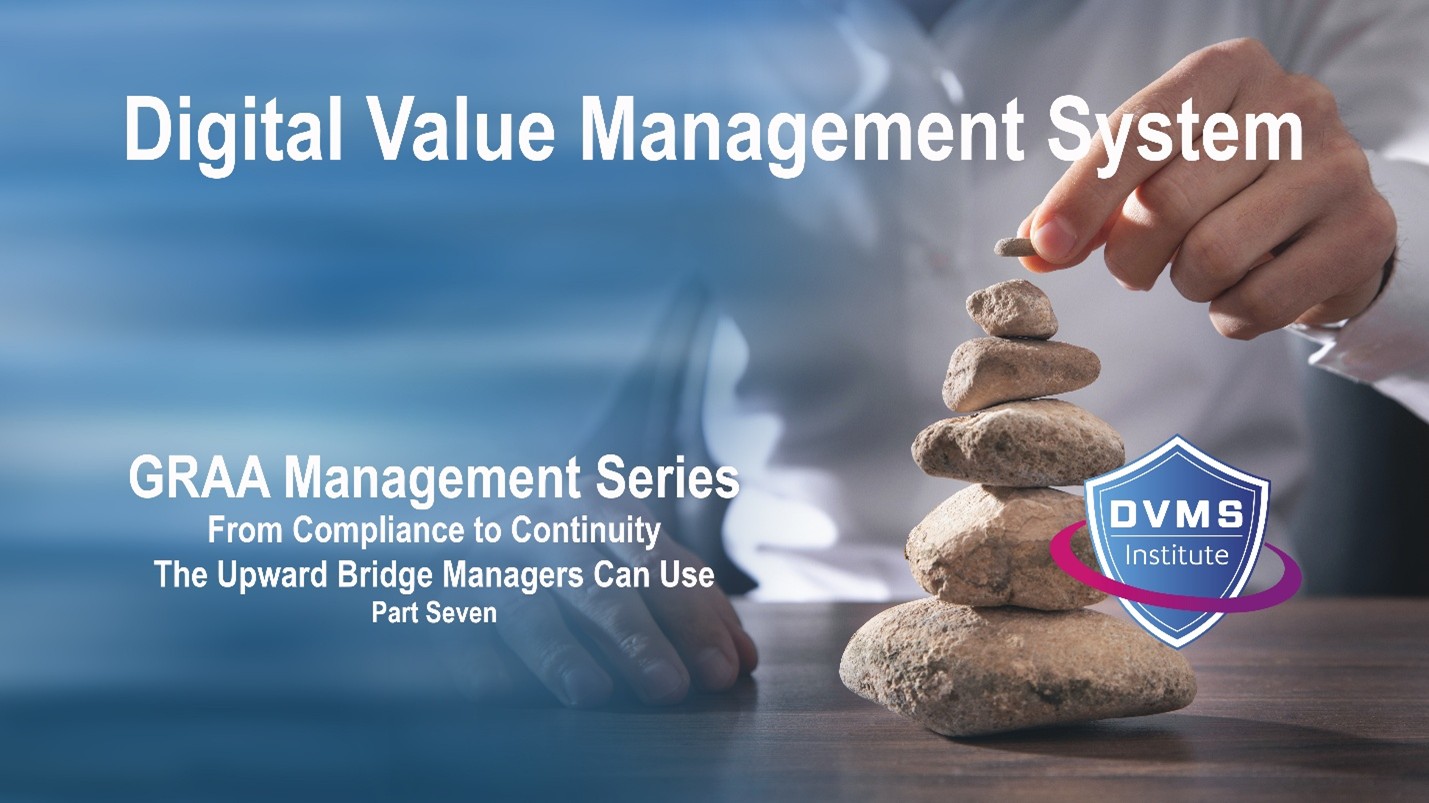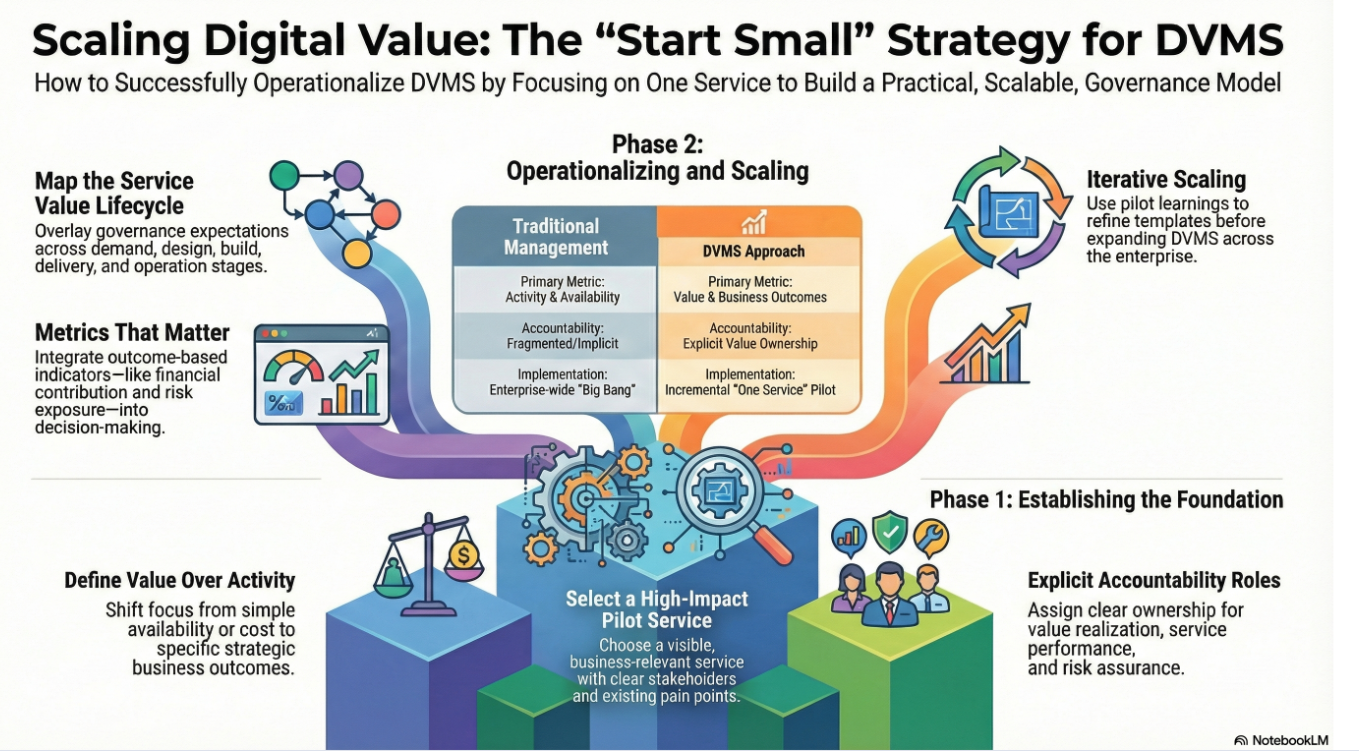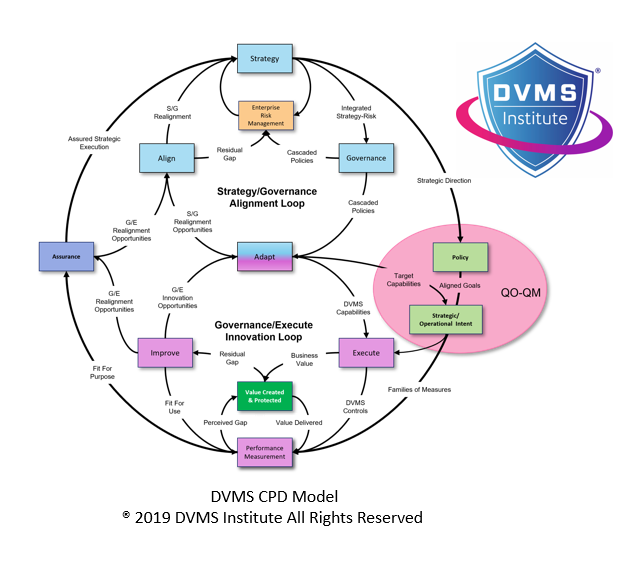The Imperative of Assessing Organizational Cybersecurity Culture, Risk, Resilience and Skills
Rick Lemieux – Co-Founder and Chief Product Officer of the DVMS Institute
In today’s digital age, where cyber threats are evolving at an unprecedented pace, organizations must prioritize assessing and enhancing their cybersecurity risk management posture. A comprehensive evaluation encompassing culture, risk, resiliency, and skills is essential to mitigate vulnerabilities, protect sensitive data, and maintain operational continuity.
A robust cybersecurity risk management culture is the cornerstone of a resilient organization. It fosters a shared commitment to security among all employees, from top executives to frontline staff. By understanding the existing cultural attitudes toward cybersecurity risk, organizations can identify areas for improvement and implement initiatives to promote a more security-conscious environment. This may involve training programs, awareness campaigns, and clear communication of security policies and procedures.
Risk assessment is another critical component of cybersecurity risk management. Organizations can prioritize their security efforts and allocate resources by identifying potential threats and vulnerabilities. A thorough risk assessment should consider factors such as the nature of organizational data, potential attackers’ sophistication, and the effectiveness of existing security measures. This information can be used to develop a comprehensive risk management plan outlining mitigation and contingency planning strategies.
Resiliency is an organization’s ability to recover from a cyberattack or other security incident. A resilient organization has the necessary systems, processes, and personnel to minimize the impact of such events and restore operations as quickly as possible. Assessing resiliency involves evaluating organizational incident response capabilities, disaster recovery plans, and business continuity strategies. By identifying weaknesses in these areas, organizations can improve their resilience and reduce the potential damage caused by cyberattacks.
Finally, an organization’s cybersecurity risk management skills and expertise are essential for protecting its digital assets. Assessing the skills of employees involved in cybersecurity can help identify gaps in knowledge and experience. This information can be used to develop targeted training programs and recruitment strategies to ensure the organization has the necessary talent to address current and emerging threats.
Assessing cybersecurity culture, risk, resiliency, and skills is vital for organizations of all sizes. Organizations can proactively enhance their security posture, protect their data, and mitigate cyberattack risks by understanding their strengths and weaknesses. A comprehensive approach to cybersecurity is essential in today’s digital landscape, where the stakes are higher than ever.
About the Author

Rick Lemieux
Co-Founder and Chief Product Officer of the DVMS Institute
The DVMS Institute teaches organizations of any size, scale, or complexity an affordable approach to mitigating cyber risk to protect digital business performance, resilience, and trust.
Rick has 40+ years of passion and experience creating solutions to give organizations a competitive edge in their service markets. In 2015, Rick was identified as one of the top five IT Entrepreneurs in the State of Rhode Island by the TECH 10 awards for developing innovative training and mentoring solutions for boards, senior executives, and operational stakeholders.
® DVMS Institute 2024 All Rights Reserved




